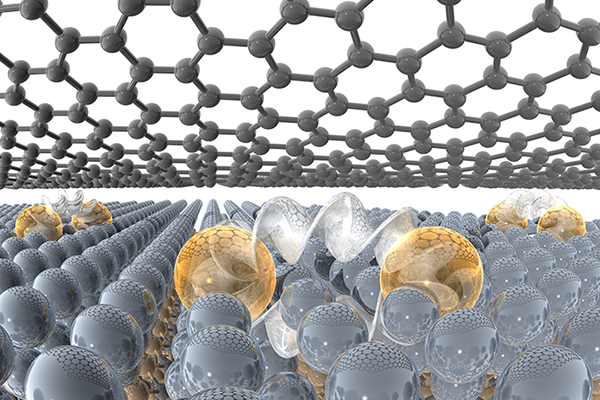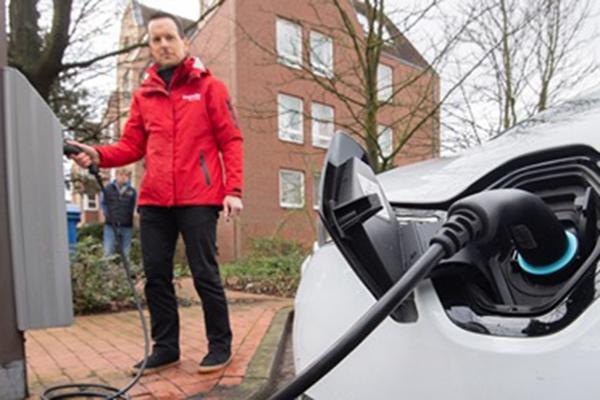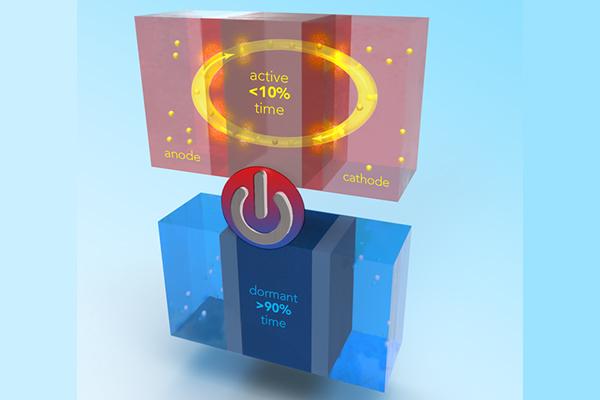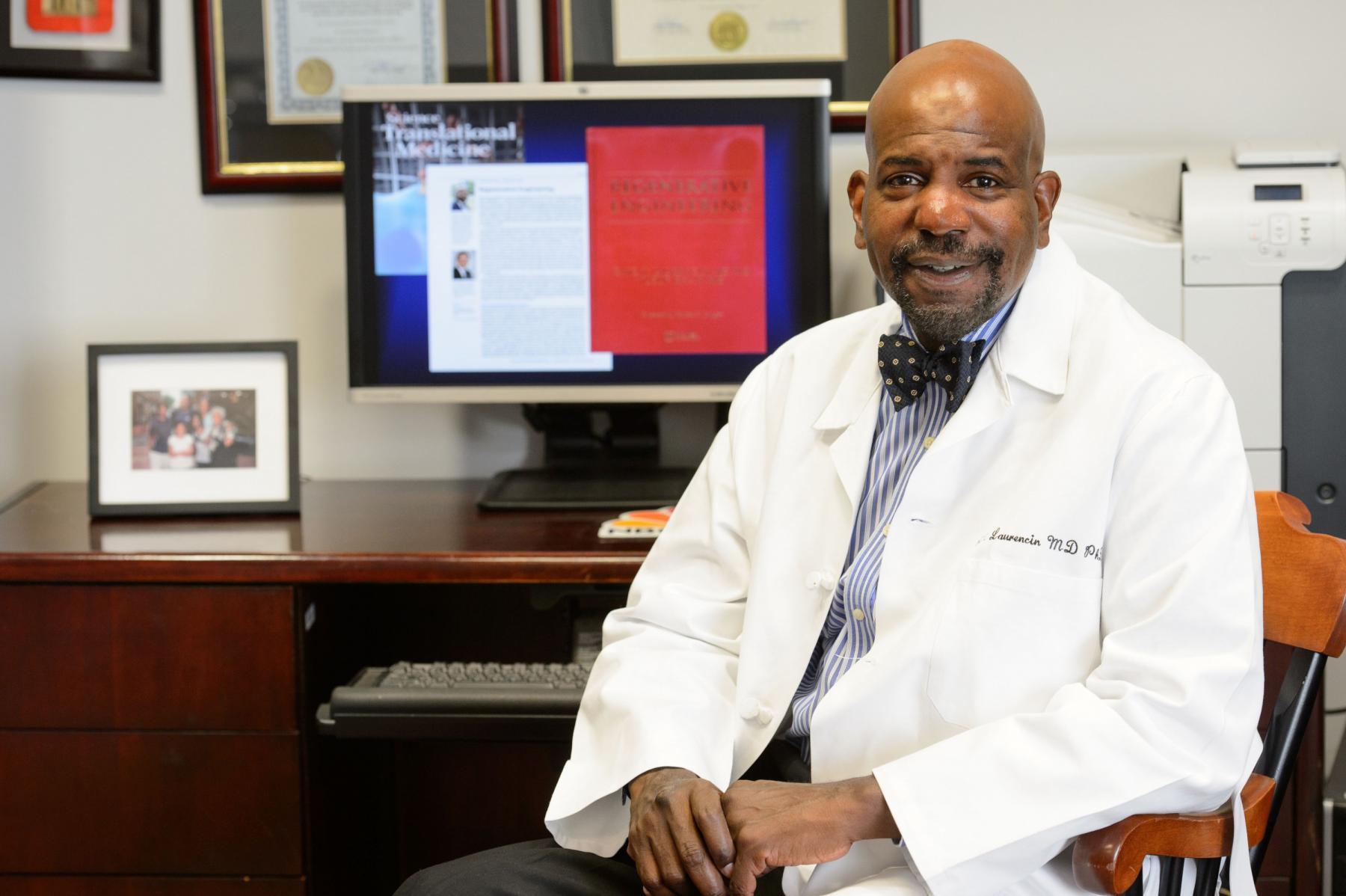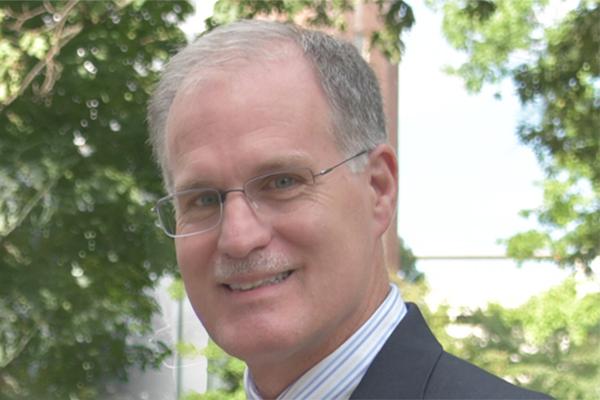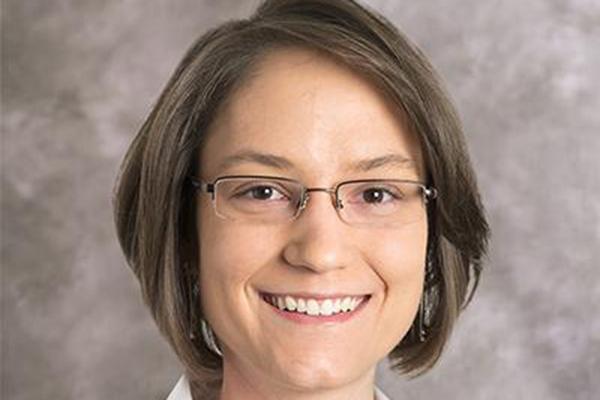An atomically thin materials platform developed by Penn State researchers in conjunction with Lawrence Berkeley National Lab and Oak Ridge National Lab will open a wide range of new applications in biomolecular sensing, quantum phenomena, catalysis and nonlinear optics.
Research out of Penn State Department of Materials Science and Engineering and Penn State College of Engineering is making a car-battery dream closer to reality.
An effective response to the emergence and rapid spread of the novel coronavirus, known in the scientific community as SARS-CoV-2, includes the critical role of the scientific community in assessing key knowledge gaps with research focused on improving prevention, diagnostics, treatment, infection control practices and public health policies. Anyone at Penn State with relevant expertise and a potentially impactful idea should apply for funding.
A lithium-ion battery that is safe, has high power and can last for 1 million miles has been developed by a team in Penn State’s Battery and Energy Storage Technology (BEST) Center.
The 2020 Nelson W. Taylor Lecture Series in Materials Science and Engineering will be held from 8:30 a.m. to 12:15 p.m. on Thursday, March 5 in the HUB-Robeson Center’s Freeman Auditorium on Penn State’s University Park campus. The theme of this year’s lecture series is “Materials to Enhance Human Health.”
An improved method to predict the temperature when plastics change from supple to brittle, which could potentially accelerate future development of flexible electronics, was developed by Penn State College of Engineering researchers.
Researchers at Penn State and Purdue University have developed new materials for improved single-atom catalysis and future electronics.
“This research shows that materials that were previously difficult to sinter can now be done,” said Clive Randall, professor of materials science and engineering at Penn State, who led the development of cold sintering.
Lawrence F. Hancock will receive the 2020 R.E. Tressler Award and deliver the Tressler lecture Thursday, Feb. 27 in 101 Chambers Building at University Park.
Allison Beese, associate professor of materials science and engineering and mechanical engineering, and Timothy Simpson, Paul Morrow Professor of Engineering Design and Manufacturing, for “Machine learning identification of process-structure-property links in additively manufactured Ti-6Al-4V.”


